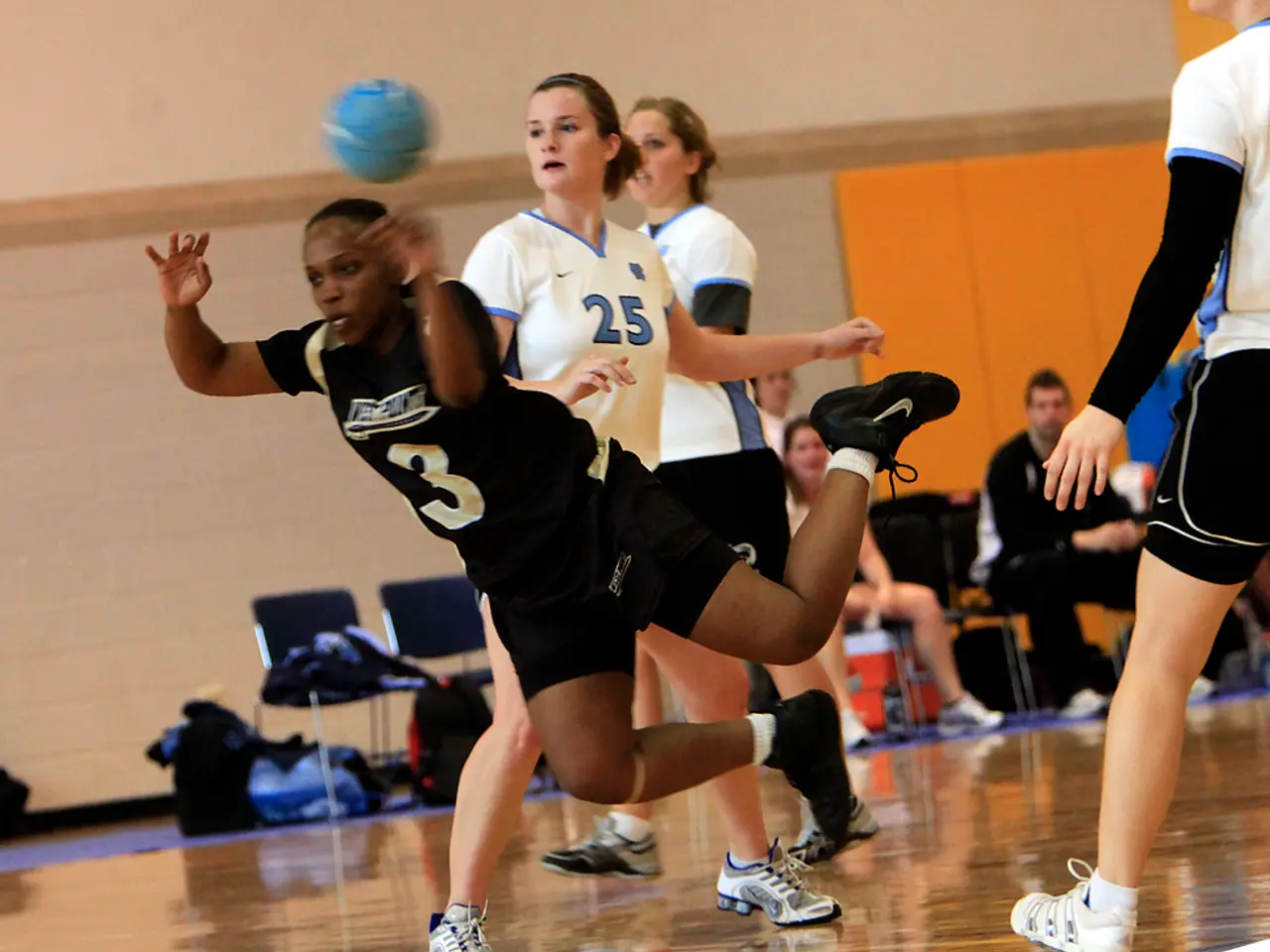Transgender youth participating in sports aren't creating issues, asserts one parent
In a world where the arguments and impacts of sports bans for transgender youth are highly contested, a group of young athletes in the United States are demonstrating the power of inclusivity and respect. The Primers, a gender-inclusive soccer team consisting of children aged 7 to 11 years old, is proving that sports can be a platform for learning, growth, and celebration, regardless of gender identity.
The Primers were established with a simple yet profound philosophy: winning was not the point. Most kids are not destined to become professional athletes or compete in college. Instead, the focus was on providing a safe and supportive environment where every child could experience the joys, challenges, and celebrations of sports, learn about their bodies, and benefit from various developmental opportunities.
Despite losing every game except for one tie, the kids on the Primers thrived. They wore their uniforms, shin guards, and goalie gloves with pride, and their team spirit was infectious. The children supported each other, cheered each other on, and showed care and concern for their teammates, as demonstrated by dropping to their knees to show respect and concern for a hurt player.
However, the Primers' existence is a concern for some, as transgender bans in sports are on the rise. Since 2020, at least 27 states have passed bans that restrict transgender youth participation in school sports, sparking widespread litigation. The US Supreme Court has agreed to review two cases challenging sports bans for transgender women and girls in Idaho and West Virginia, potentially setting major precedents.
Arguments for sports bans on transgender youth are rooted in fairness and safety concerns. Opponents of transgender participation in girls' and women's sports argue that physiological differences, particularly relating to puberty and hormone levels, may provide transgender girls an unfair competitive advantage and raise safety issues in contact sports. However, critics of bans contend that prohibiting transgender youth from participating in sports consistent with their gender identity is discriminatory and harmful, violating rights protected under the Equal Protection Clause and Title IX of the Education Amendments.
The Primers played in a league open to working with them, and the children loved each other and were cheered on by parents, grandparents, and others. However, several of the Primers' kids were able to return to more traditionally gendered youth sports settings, including the author's own child. The rise of transgender bans in sports is a concern, as they constrain children as young as kindergarten and exclude them from participating in sports.
Dr. Jennifer Harvey, the vice president for academic affairs at Garrett-Evangelical Theological Seminary in Evanston, Illinois, expresses sadness about the poll results indicating that nearly 7 in 10 respondents believe transgender athletes should only play on sports teams that match their birth gender. She desires substantive, nuanced conversations about the diversities of sex and gender without people's well-being and lives being used to stoke fear or get caricatured on social media.
The contributions of positive experiences in sports for young people are undeniable. They include greater self-confidence, solid academics, stronger connections, lower rates of substance abuse, capacity for hard work and resilience, and a deeper sense of empowerment. Unfortunately, transgender youth often face exclusion, harassment, bullying, and stigmatization when denied the opportunity to participate in sports consistent with their gender identity.
The Primers' story is a testament to the power of inclusivity and respect in sports. It is a call for us to get still, alert, and attentive, and catch our breath and take a knee to address the issues surrounding youth, gender, and sports. The social benefits developed through participation in sports, such as connection to others, appreciation for different strengths, and understanding that we are stronger together, are missing from the current conversation about youth, gender, and sports. It is time for us to remember that sports are about more than just winning; they are about learning, growing, and celebrating our shared humanity.
- Beyond the world of sports, the Primers' philosophy extends to parenting, education-and-self-development, and personal-growth, focusing on creating a safe, supportive environment for children's development.
- The Primers' children, despite losing most games, showed a strong sense of health through their pride, team spirit, and compassion, evident in their caring gestures towards teammates.
- Regardless of gender, the Primers' story highlights the role of fashion-and-beauty in self-expression, as each child embraced their uniform with pride.
- As the world debates sports bans for transgender youth, discussions about inclusivity and respect in parenting, education, self-development, personal-growth, and sports are crucial, aiming to promote the social benefits that sports provide without stigmatization or exclusion.




